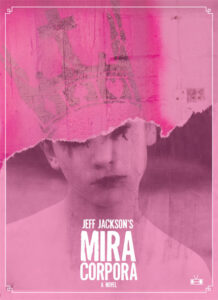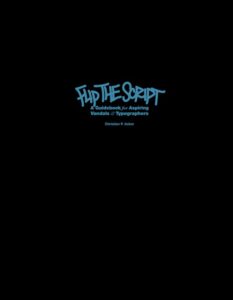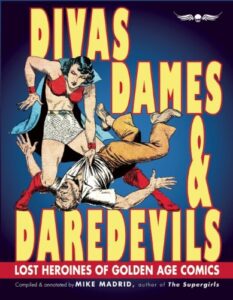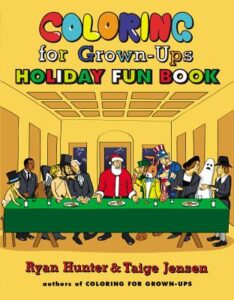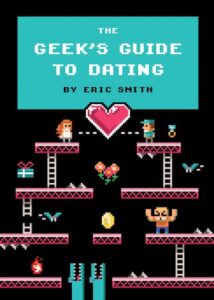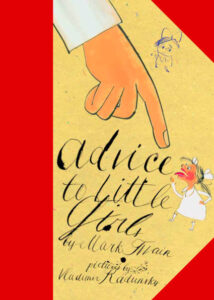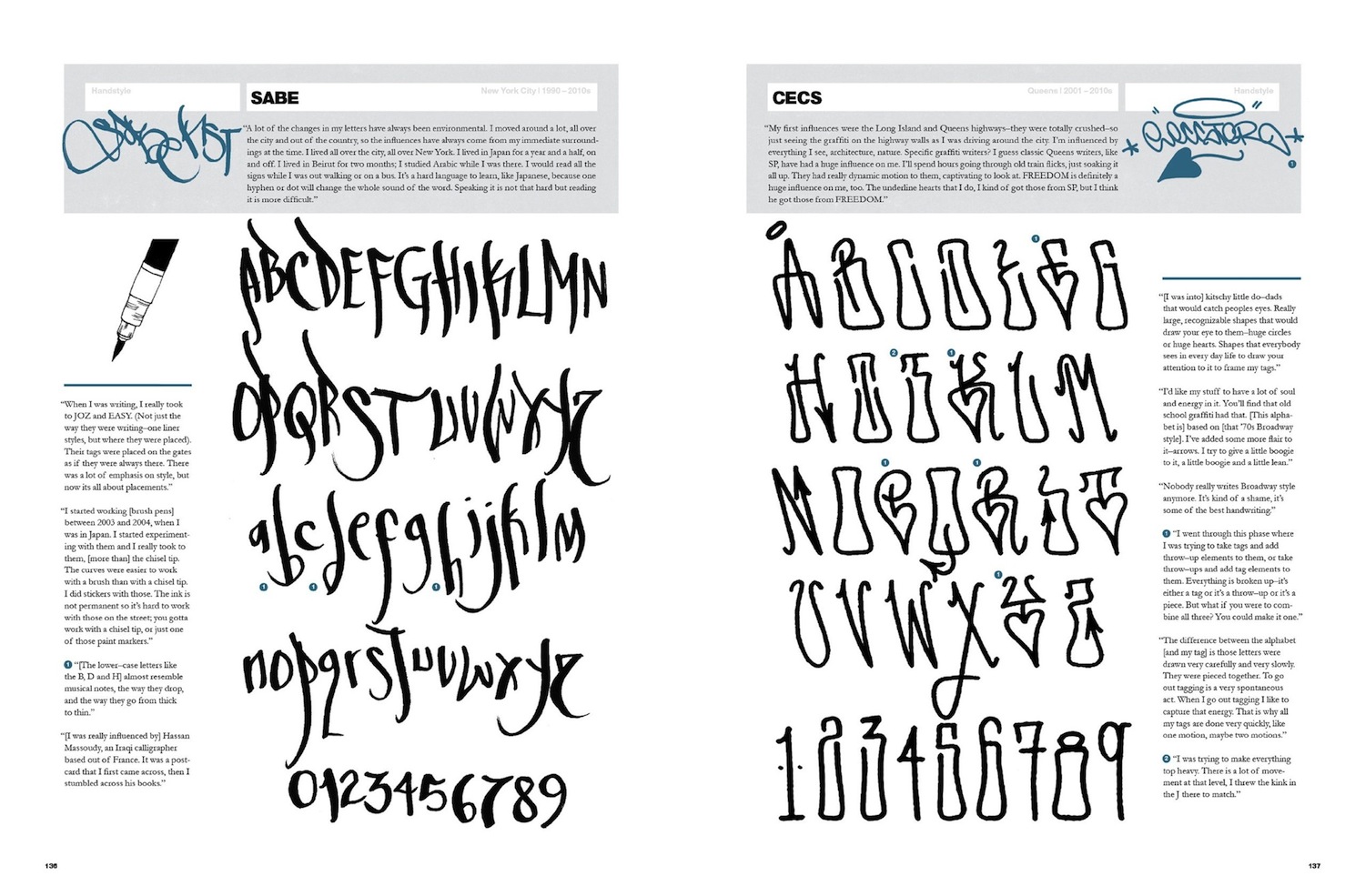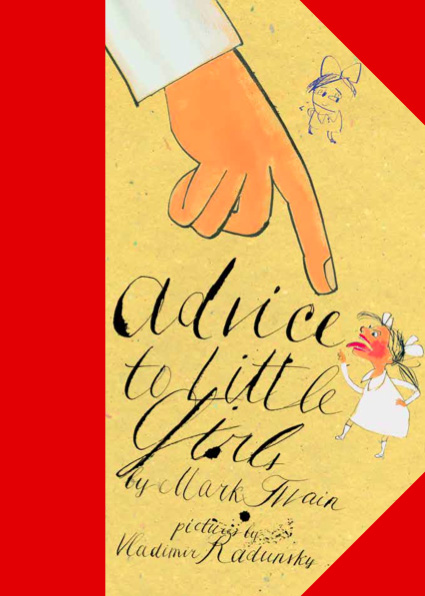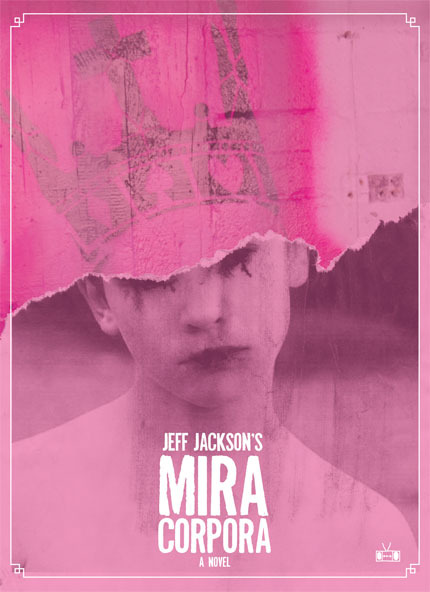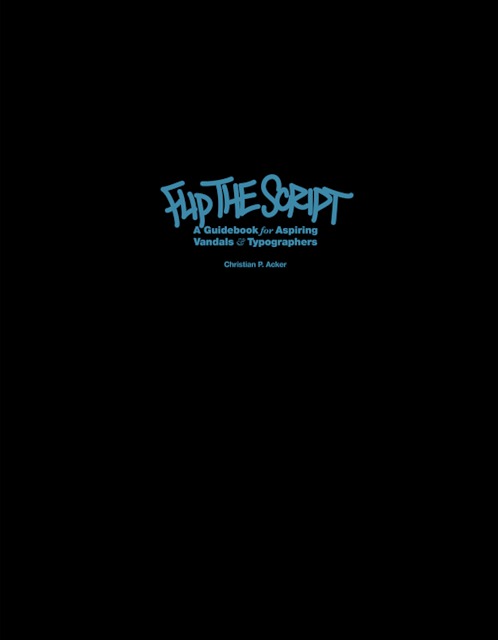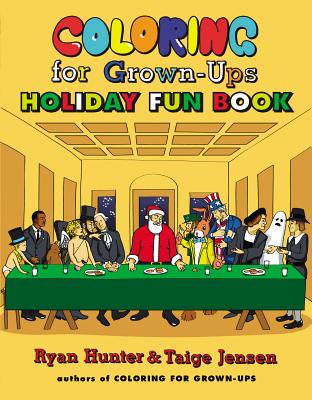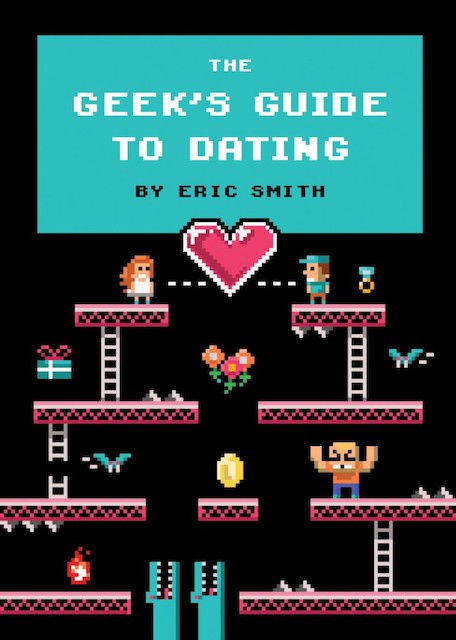Here at the Alibi, we suspect that the death of print has been blown a bit out of proportion. Whether you’re getting or giving this Christmas—or just going out for Chinese food—you can’t go wrong with the written word. Here are seven books in seven categories united only by their general awesomeness.
Get Lit Alt Lit
Jeff Jackson’s eminently readable Mira Corpora has amassed a mountain of critical acclaim since its October release. “Books like Jackson’s,” says The Rumpus, “are why we need small presses.” WSJ calls it an “eerie and enigmatic debut.” I found the novel gorgeous and painful, a coming-of-age tale whose flawlessly balanced sentences mask deep-seated pain. The narrator—also named Jeff Jackson—escapes his vicious alcoholic mother only to move through unsettling episodes in semi-hostile forests and cityscapes. He visits a runaway teenage oracle who offers a terrible revelation, searches for a rock star with a self-destructive streak and finally finds himself crushed beneath the thumb of a depraved abuser/pimp. No, it’s not exactly pleasant, and it often defies credulity in a literal sense, yet the book seethes with poetic truth submerged in its protagonist’s detached and careful avatar.
Get Lit Design
I admit it: I’m a sucker for a gorgeous design book. Which, with silky, thick paper and a slick layout, this tome of fonts definitely is. But Flip the Script’s content would make it worth a read even if it were xeroxed and staplebound because of the void it fills on our reference shelves. Taking street art seriously, author Christian P. Acker undertakes to taxonomize a long history of tag-based alphabets, honing in on their geographic origins, artistic influences and stroke styles. He presents underground history through the words of the taggers themselves, thanks to years amassing them (check out his YouTube channel for the archive). Acker provides juicy bits like a history of cholo, LA and Southwestern hands and how they relate to “Olde English,” a map detailing cross-country style migration and a useful guide for knowing when to use a Sharpie versus a Krink K63. Systematic layouts and illustrations make it just as easy to look up a font as to lose yourself browsing for an hour. A must-have for the hoodlum or design student (or hoodlum-slash-design student) on your list.
Get Lit Comix
Let us now speak of great dames—to be specific, heroines like Madame Strange, Lady Satan, Fantomah and Mysta of the Moon. Rescued from the recycle bin of memory and dusted off for 21st-century eyes, their stories tell of an American past we don’t often hear about. Not that the powers, potions and cardboard villains of Golden Age sequential storytelling bear much resemblance to reality, but this volume packs a historical wallop with knowledgeable essays from Mike Madrid providing context and analysis. He argues that the superheroes on comic shop shelves nowadays represent just a distant echo of the vast variety that populated drugstores and newsstands from the late 1930s to the mid-’50s. For every Wonder Woman who’s still famous 70 years later there are a dozen of these thrown-away cultural gems that reveal a time before the comics world made the decision to relegate women to the sidelines. A window into a zany, empowering and (often unintentionally) funny part of our cultural heritage.
Get Lit Humor
Just offensive enough to be hilarious, this send-up of a childish pastime covers all the holiday bases. “Help Jeshua Cottontail, the animal messiah, by drawing in his 12 animal apostles,” suggests a page dedicated to Easter, followed by a verse from the book of FooFoo. Or sketch your own “slutty Halloween costume” on the provided figure, maybe a “Sexy sanitation worker,” “Sexy clown” or “Sexy notary.” For Groundhog Day, you can fill in Punxsutawney Phil’s hallucinations (because somebody slipped the poor guy “four hits of PCP”). Or get interactive with a “New Year’s Walk-of-Shame Maze” and creepy paper dolls that let you “dress up this total stranger as your favorite mall mascot.” Give this book with a pack of crayons for the ultimate in profane fun.
Get Lit Nuevomexicano
What makes a more festive holiday gift than tales of the weeping woman forever cursed to walk the earth searching for the children she murdered? Deck the halls indeed. So, okay, it’s grim, but the legend of La Llorona has deep roots in the Land of Enchantment. Countless authors and storytellers have been inspired to render their own straightforward retellings and imaginative interpretations of this tale traditionally used to terrify children into compliance. (I can think of a similar fellow who’s checking his list twice right about now.) This anthology, winner of a 2013 New Mexico-Arizona Book Award, offers a kaleidoscope of viewpoints via poetry and prose. Brian Hendrickson meditates on “the kind of darkness / We must lean down and into” in “Still No Rain, I Dream of La Llorona,” while Merimée Moffitt’s “lullaby” introduces the image of a salamander’s “little hand” in a way that somehow connects it hauntingly to the loss of a child. For a palate cleanser, try Neal Wilgus’ “La Llimerick.” There’s lots to love in this slender volume put out by local small press Beatlick, so hug your loved ones close and read up.
Get Lit Self Help
Eric Smith is a man who can maintain the shit out of a metaphor. And milk it for every Jurassic Park/Matrix/Green Lantern/Thing/Futurama reference possible. All while being smart, funny and likeable. The result is a book that’s way more charming than a dating guide has any right to be. From “Choose Your Own Adventure: A First Date Simulation” to “Game Over: How to Respawn After You’re Fragged,” Smith breaks down the process of finding and wooing the ladyfriend of your dreams. (He says that women can get just as much out of his advice as guys, but a word to the wise before stuffing any stockings: The Geek’s Guide is resolutely cis and heterosexual in its approach. Applicable to lots of geeks, then, but certainly not all.) For the right reader, though, it’s a well-made and appealing book illustrated with tons of cute 8-bit-style art, speaking the language of those who seek guidance through the “operating system of the modern dating world.”
Get Lit Kids
In the market for a picture book but hoping to avoid all the fuzzy wuzzy treacle? In 2011, the founder of popular website Brain Pickings, Maria Popova, fell in love with a charming little Italian picture book. She convinced a friend at Enchanted Lion Books to help her republish it in America, which is how this quirky screed by a legend of American letters returns to us—via Europe. The new edition retains the Italian’s distinctive design and freewheeling illustrations by Vladimir Radunsky. They’re the perfect accompaniment to Twain’s deliciously satirical advice. “If your mother tells you to do a thing, it is wrong to reply that you won’t,” the humorist notes. “It is better and more becoming to intimate that you will do as she bids you, and then afterward act quietly in the matter according to the dictates of your best judgment.” Mmm hmm—listen to Mr. Twain, ladies.
